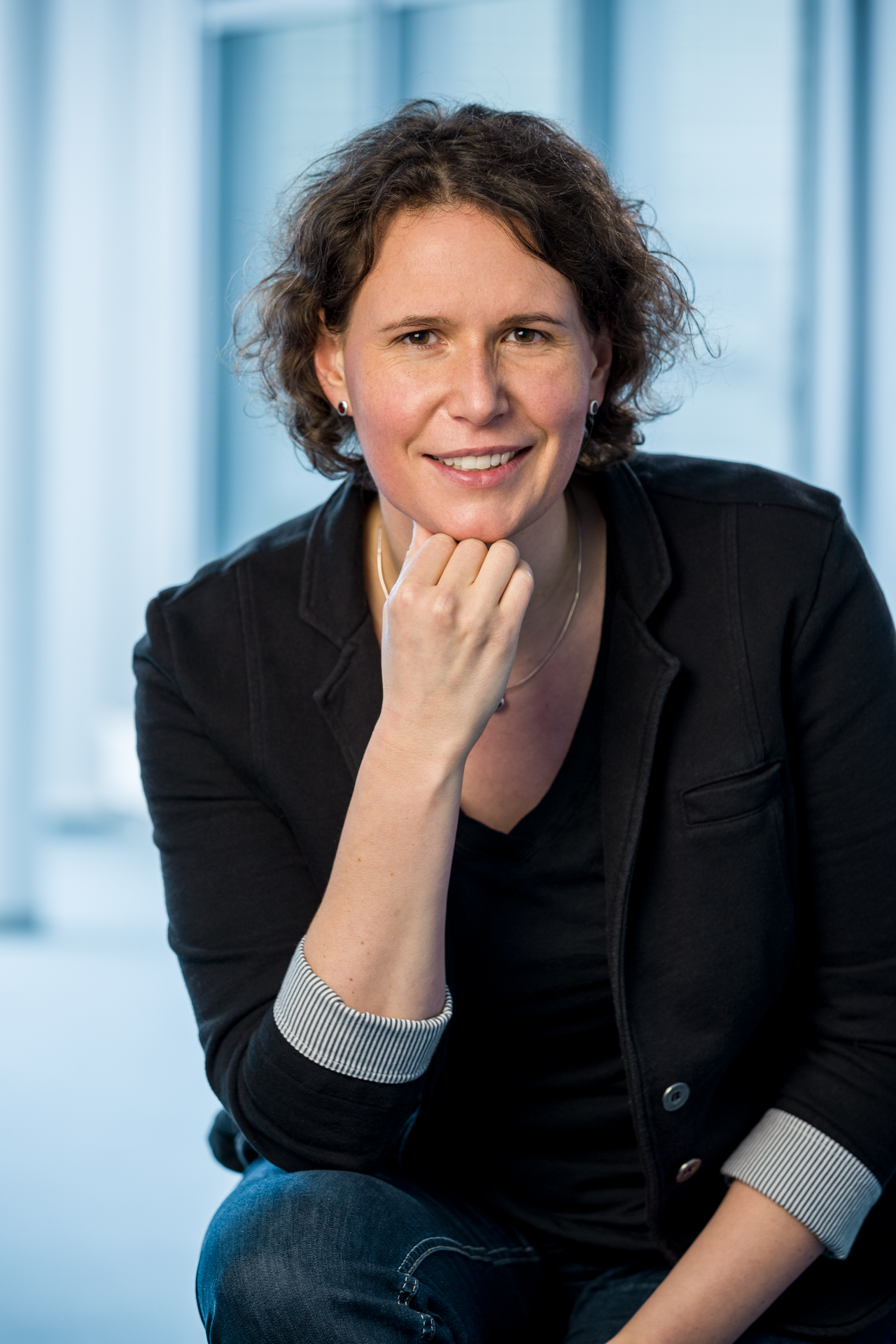Women Leaders in Science & Technology: An interview with Maria Claus, Deputy Head of Fab at Fraunhofer ISIT
The proportion of women in research and development has increased sharply in recent years, especially at universities. In 2021, according to Statista, a share of over 50% of female research staff has been recorded in these institutions. What has already started at universities and colleges will hopefully soon reach other areas of the economy. Science still has a stronger attraction for men than for women. On the occasion of the »International Day of Women & Girls in Science«, Maria Claus, Deputy Head of Fab and team leader of sections lithography, bonding and metrology at Fraunhofer ISIT, answered our questions and encourages young girls and women who are interested in a career in science and research.
Would you briefly introduce yourself and your activities at Fraunhofer ISIT?
I completed my master's degree in materials science at Kiel University in 2011. I wrote my thesis, which was very application-oriented, at Fraunhofer ISIT. I started at Fraunhofer as a process engineer in the MEMS clean room. Since then many different tasks have been added, among others I am now the team leader for lithography, bonding and metrology and deputy head of department.
What tipped the scales back then for you to decide on a career in microsystems technology?
My studies provided me with the basis to deal with all areas of the natural sciences. It quickly became clear to me that I wanted to go into application-oriented research. That means I want to develop things that will actively benefit society in the years to come and help us all move forward. Fraunhofer and microsystems technology offer me the opportunity to fulfill this ambition for my career.
Were / are there particular challenges faced specifically by women in the field of microsystems technology?
In my opinion, the biggest challenge for women is to shake off society's expectations, regardless of their chosen career path. We can become anything we want. However, this freedom is also intimidating. We have to determine for ourselves what is important to us in life, find our own path, and then accept that not everyone has the same set of values. You will meet resistance everywhere.
Did you have any difficulties gaining a foothold in a profession that tends to be dominated by men?
No, quite the opposite. Even at university, our professors were particularly happy and proud about every woman who chose the department. It is the same at Fraunhofer. I think the times when a man comes along and says »A woman cannot do a man's job« are over, at least in research, technology and science. I do not feel like my profession is male-dominated either. In my department, we have 30% women.
What do you think needs to change to attract more female workers to science?
Regardless of gender, every child has an incredible thirst for knowledge. They want to find out how everything works and keep learning. As they grow up, this thirst for exploration gets lost. I'm afraid, there is not much room in our society for enthusiasm about science. You are quickly labeled as an oddball who only sits in front of books. Science and research must be seen as a natural part of our culture, and then the rest will take care of itself.
What advice would you give to young girls and women interested in careers in technology and science?
Have confidence in yourself. Take advantage of the opportunities that are offered to you. Find out more, come along, form your own opinion, take advantage of internships, trade fairs, etc. We, scientists, are only humans like any other person, we don't bite :-).
Thank you very much for the interview, Maria!
You might also be interested in
- Training at Fraunhofer ISIT
- Jobs and career at Fraunhofer ISIT
- Voluntary social year at Fraunhofer ISIT
- Women Leaders in Science & Technology: An Interview with Dr. Marie Christin Wolff
- Women Leaders in Science & Technology: An interview with microtechnologist Saskia Schröder
- Discover our virtual clean room
 Fraunhofer Institute for Silicon Technology
Fraunhofer Institute for Silicon Technology